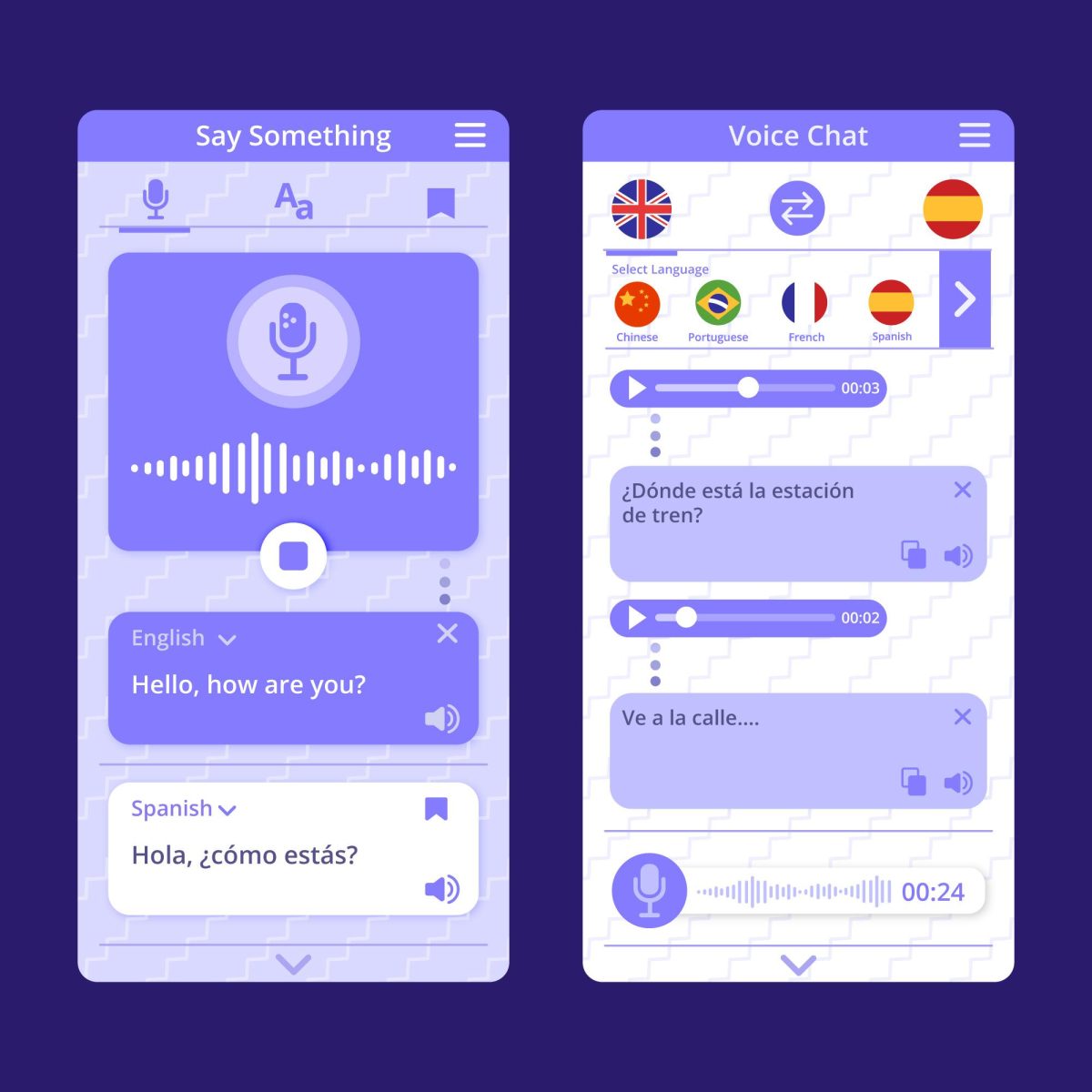Recently, the company Apple has agreed to pay $95 million to settle a class-action lawsuit involving Apple’s famous virtual assistant, Siri.
The lawsuit, filed by the Wood Law Firm, accused Apple’s virtual assistant Siri, which is activated by voicing a “Hey, Siri” , of eavesdropping and recording conversations without users’ consent or awareness.
The alleged recordings happened when users did not intend to activate Siri, without even saying the voice activation “Hey Siri”.
Two plaintiffs stated that discussing certain topics or products around their phones led to targeted advertisements that were oddly related to the topic of discussion. Many users report having a similar experience or a different experience that Siri even intercepted their private conversations and started asking questions of its own.
Later, allegations rose that Apple shared some of Siri’s recorded conversations with advertisers looking to connect with customers or be more relatable so that they could sell their product or service.
Apple continually denied that users’ conversations were being sent for advertisers. “Siri has been engineered to protect user privacy from the beginning. Siri data has never been used to build marketing profiles and it has never been sold to anyone for any purpose. We use Siri data to improve Siri, and we are constantly developing technologies to make Siri even more private,” an Apple spokesperson said in a statement.
“Apple does not retain audio recordings of Siri interactions unless users explicitly opt in to help improve Siri, and even then, the recordings are used solely for that purpose,” Apple said, continuing to assert that they will keep on improving the users privacy by developing technologies.
However, the fact that Apple decided to settle the lawsuit instead of facing a trial led to public doubts about whether or not Apple did this because the allegations were true.
If the lawsuit had proceeded to trial and Apple would have lost the case, the company would have to pay $1.5 billion in damages. This could be a reason why the company chose to settle the case instead of proceeding to trial: for both the possible cost and negative exposure.
Ultimately, if the settlement is approved, users that purchased an iPhone with Siri equipped from September 17, 2014 to the end of 2024 are eligible for up to $20 device, with a five-device limit per person. This payment could however be increased and decreased depending on the volumes of claims made.
If the allegations were true, Apple would have violated wiretapping laws and other regulations designed to protect peoples’ security on their devices.
This lawsuit has pushed consumers to be aware of the possibility of microphones and other voice activated devices or apps eavesdropping, even if Siri isn’t really listening. A similar case involving Google and its virtual assistant in its Android software has also been filed.

